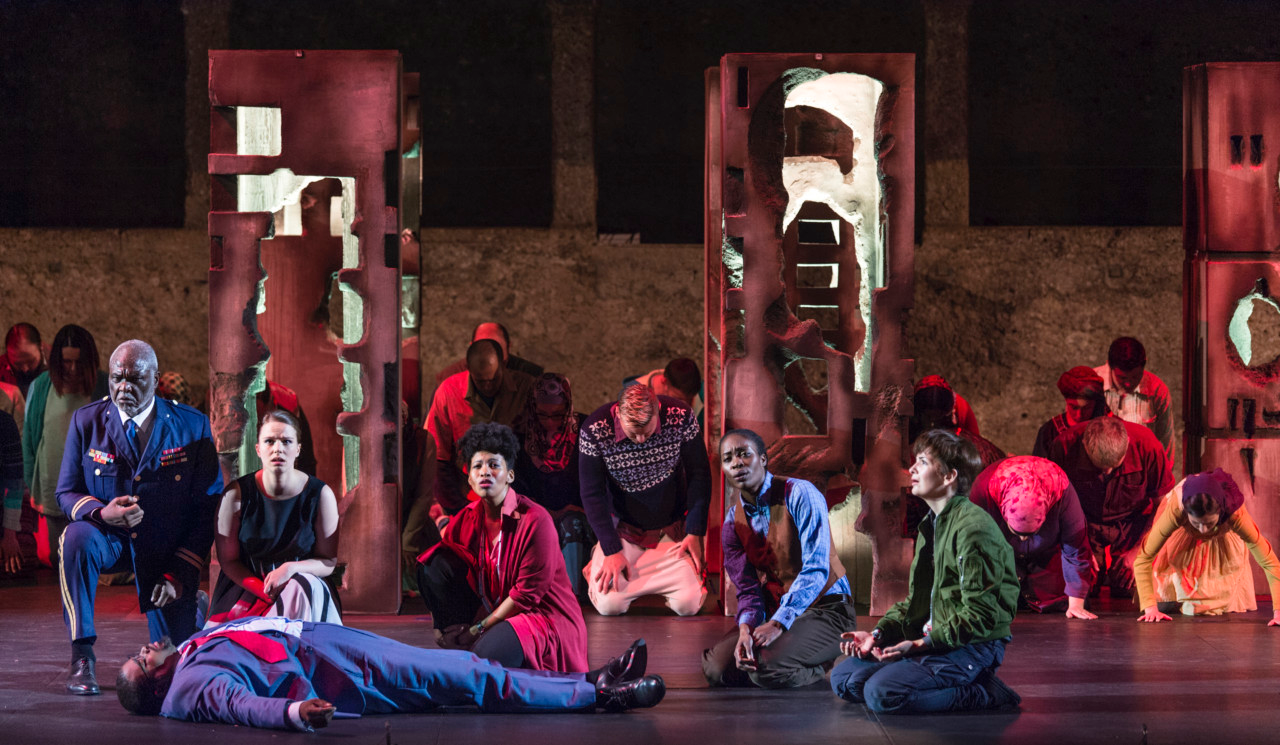The artistry of theater lies not only in the vibrant performances on stage but also in the meticulous crafting of the script, structure, and overall storytelling supertitle. At the heart of this creative process lies the role of the dramaturg—a guardian of the narrative, a historian of context, and a visionary orchestrator. The realm of dramaturgy in theater is a fascinating labyrinth of research, collaboration, and innovation, intricately woven into the fabric of every production.
The Role of a Dramaturg
The dramaturg, often hailed as the guardian of the story, serves as a linchpin in the theatrical process. Their responsibilities extend far beyond the realms of a script editor. They delve deep into the historical, cultural, and social contexts surrounding the narrative, unraveling layers of meaning to enrich the production.
At the core, a dramaturg collaborates closely with the director, playwright, actors, and production team. They aid in contextualizing the narrative, conducting extensive research, offering insights on character development, and ensuring coherence in the storytelling.
The Craft of Script Analysis
One of the pivotal tasks of a dramaturg is script analysis. This involves dissecting the script to uncover its nuances—understanding character motivations, thematic elements, historical contexts, and subtext. By deciphering these intricacies, the dramaturg helps the creative team grasp the essence of the story and its intended impact on the audience.
Historical and Cultural Contexts
The dramaturg functions as a historian, meticulously researching the historical and cultural backdrop against which the narrative unfolds. They contextualize the story within its time period, providing invaluable insights into societal norms, political landscapes, and cultural nuances. This depth of understanding aids in creating a production that resonates authentically with its setting.
Collaboration and Innovation
While the dramaturg traditionally operates behind the scenes, their influence reverberates throughout the production. Collaboration with the director, playwright, and actors is paramount, fostering discussions that enhance character development, refine thematic elements, and elevate the overall coherence of the play.
Moreover, dramaturgs are not bound by tradition. They often push the boundaries of convention, encouraging innovative approaches to storytelling. Their fresh perspectives and creative input breathe new life into classic works and pave the way for groundbreaking interpretations.
The Impact on Audience Experience
Ultimately, the goal of dramaturgy is to enhance the audience experience. By weaving a rich tapestry of historical accuracy, cultural relevance, and thematic depth, the dramaturg enriches the narrative, fostering a deeper connection between the performance and its viewers. Their meticulous work often goes unnoticed, but its influence is palpable in the resonance and emotional impact of the production.
In conclusion, the intricacies of dramaturgy in theater encompass a multifaceted journey that blends artistry, research, collaboration, and innovation. The dramaturg, with their scholarly insight and creative vision, serves as a guiding force, shaping narratives that transcend mere entertainment and resonate as profound reflections of the human experience.
